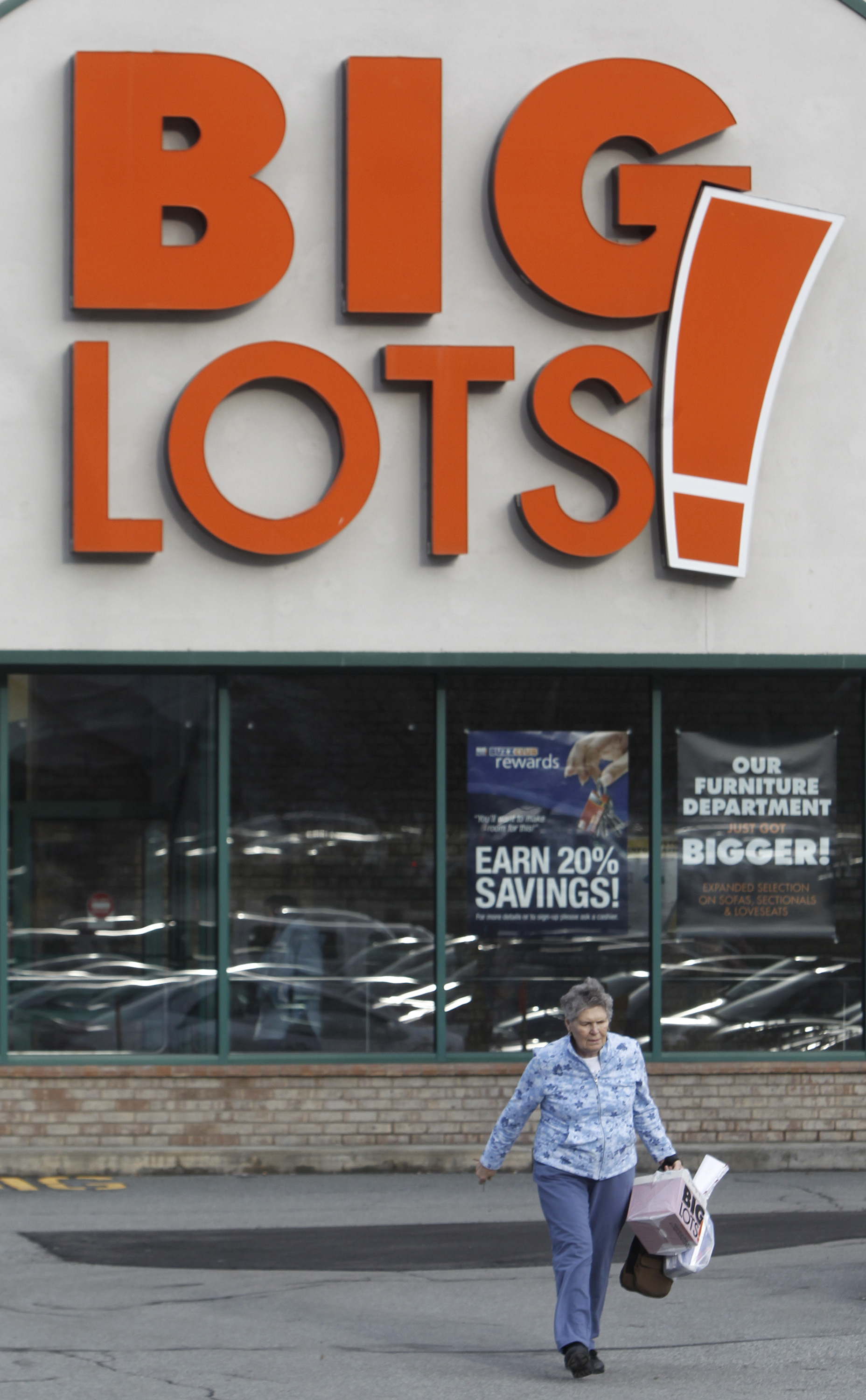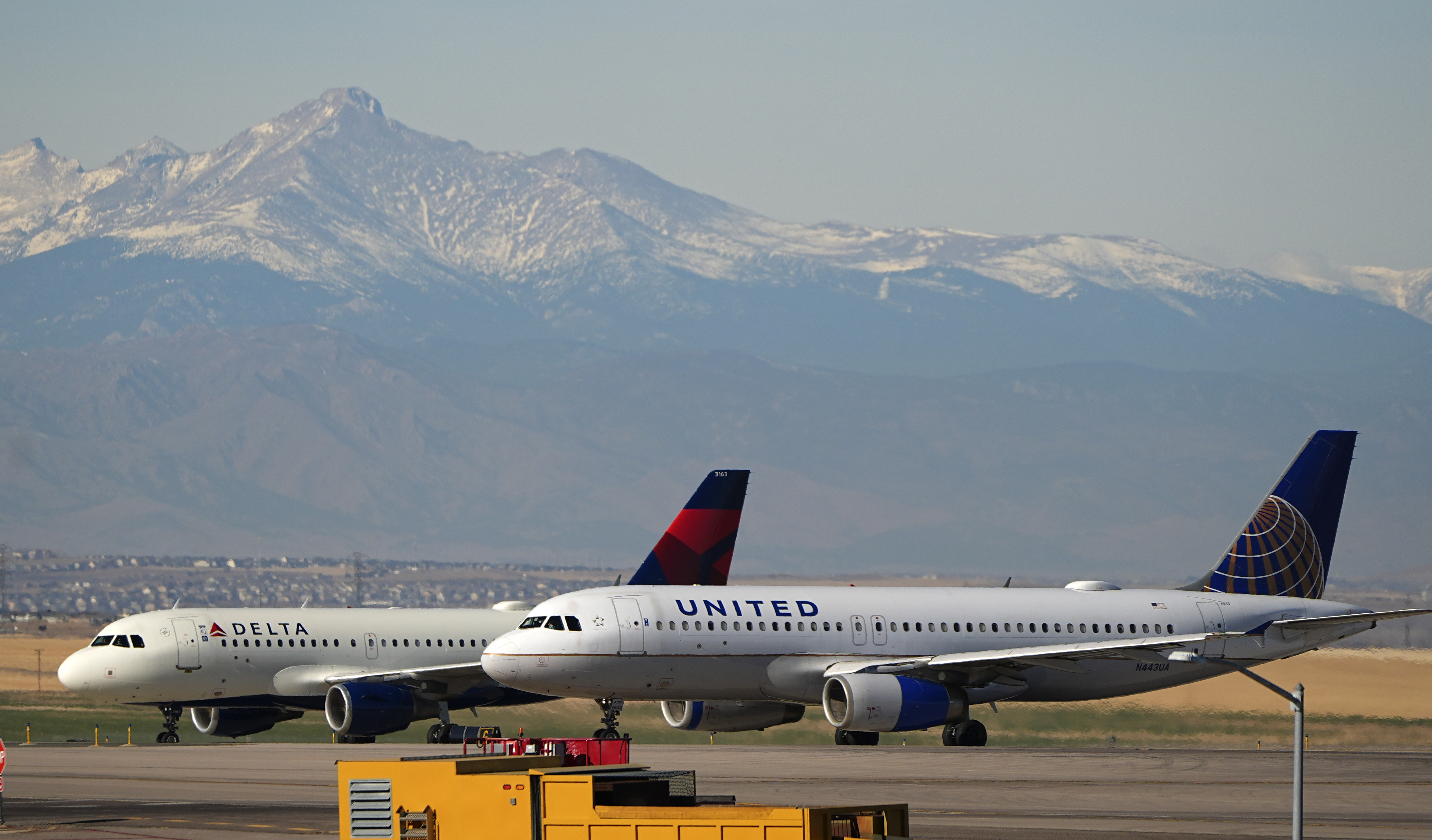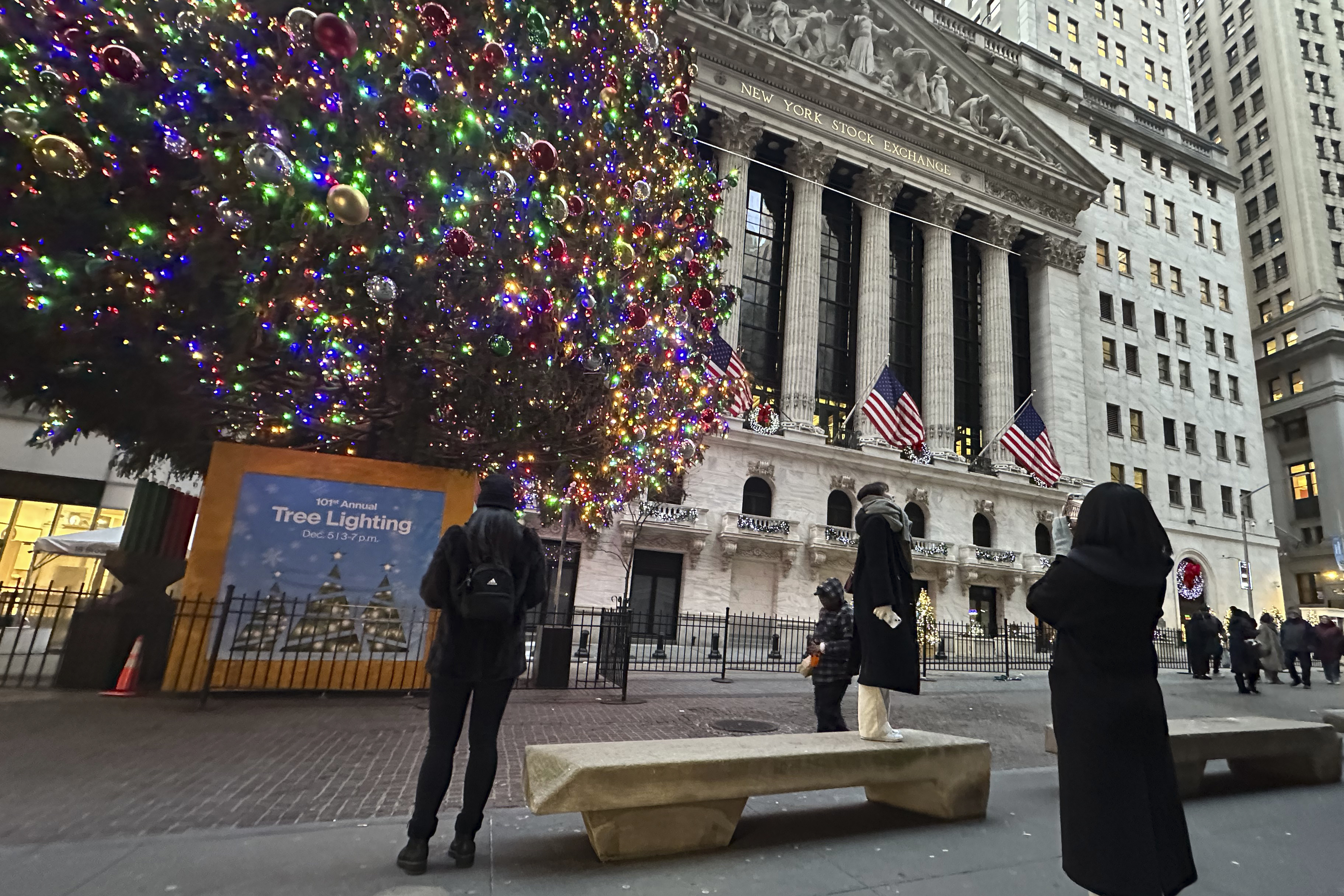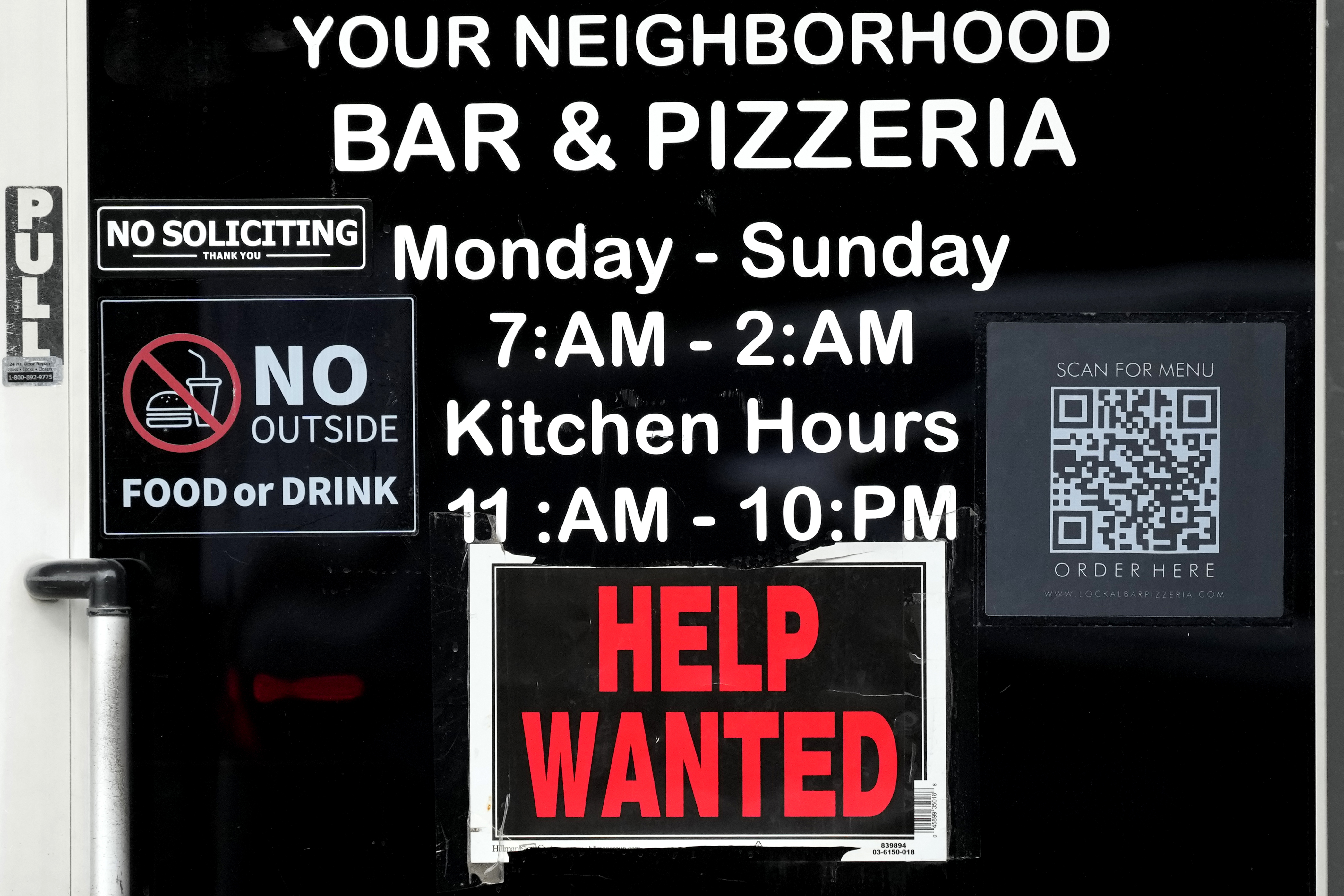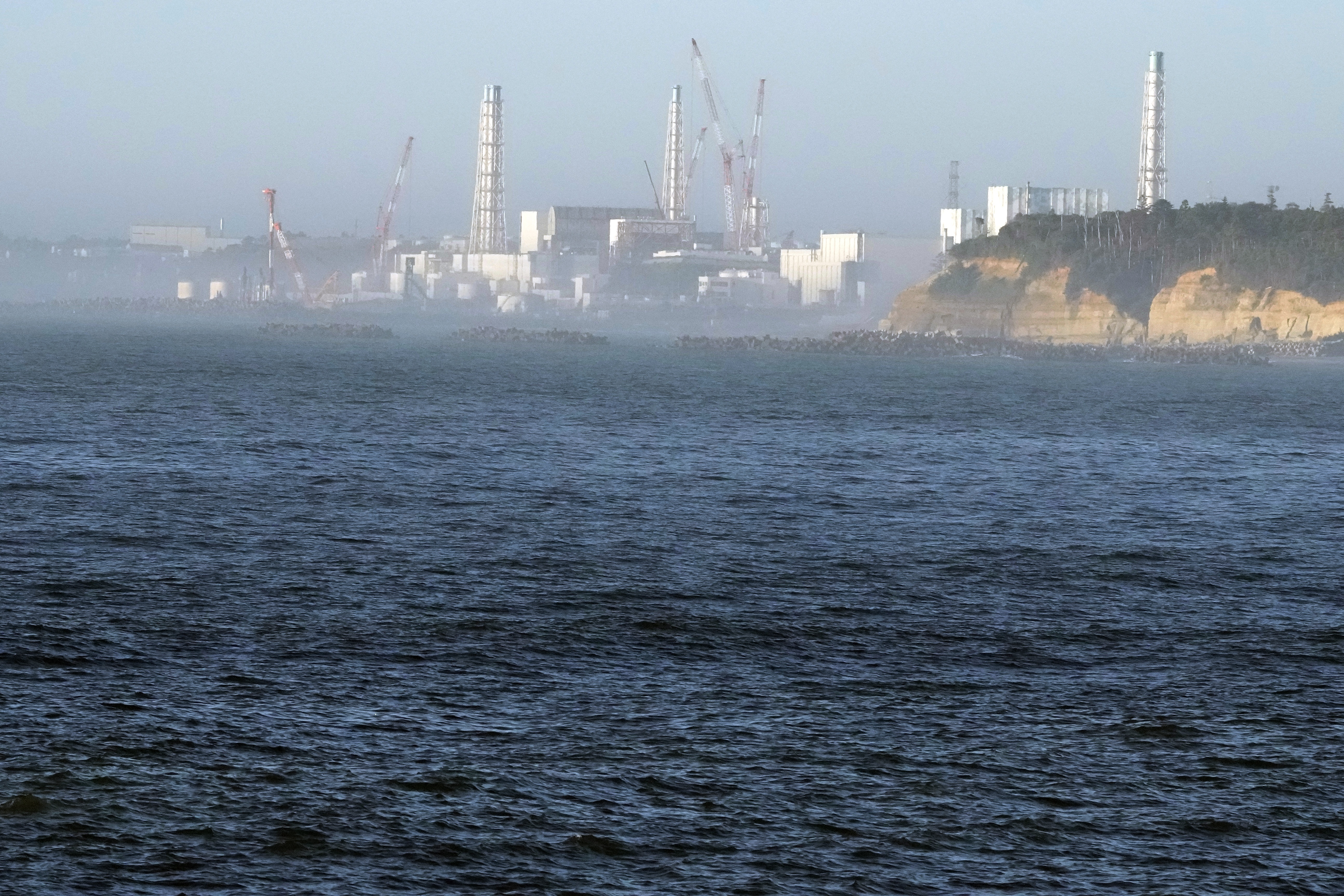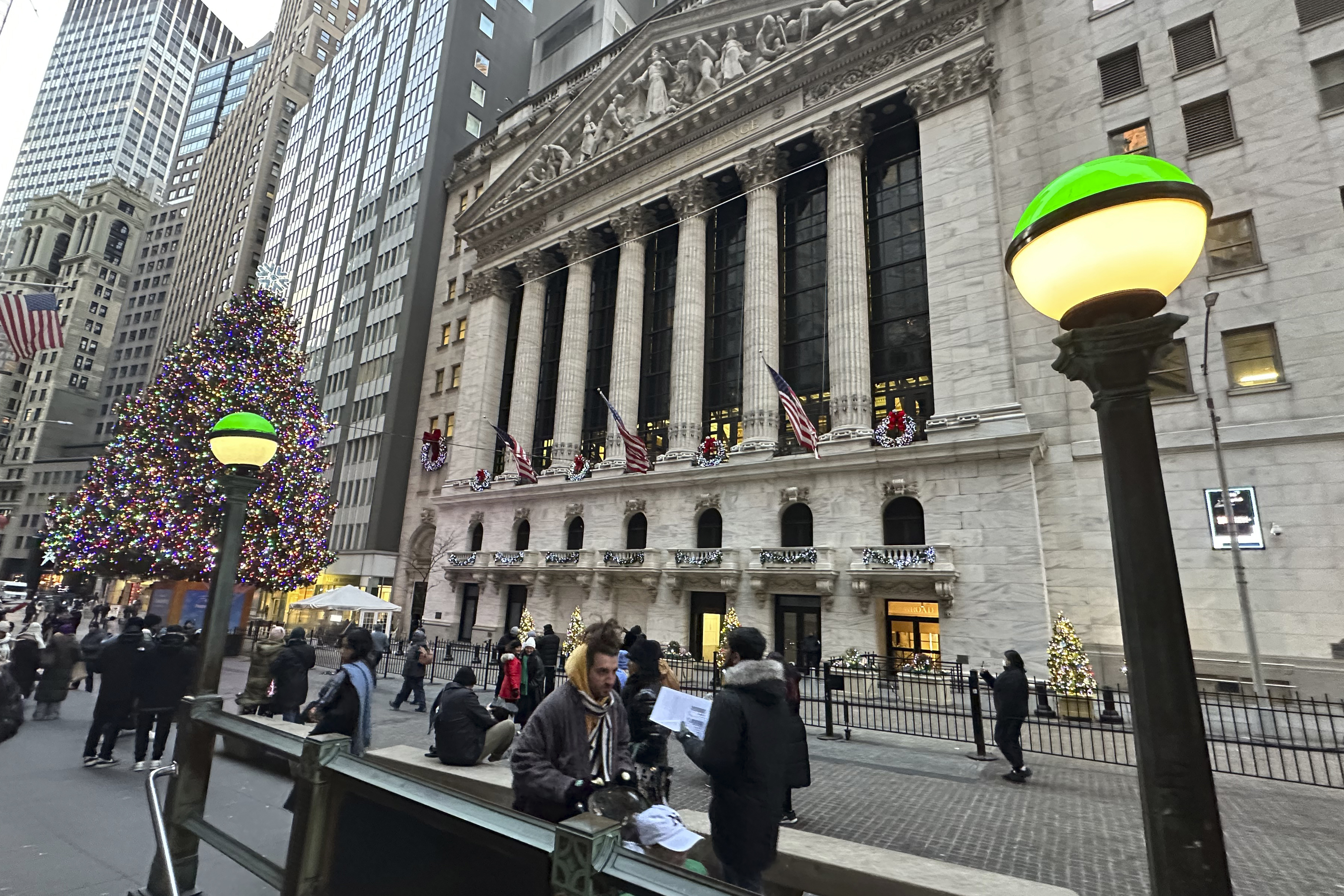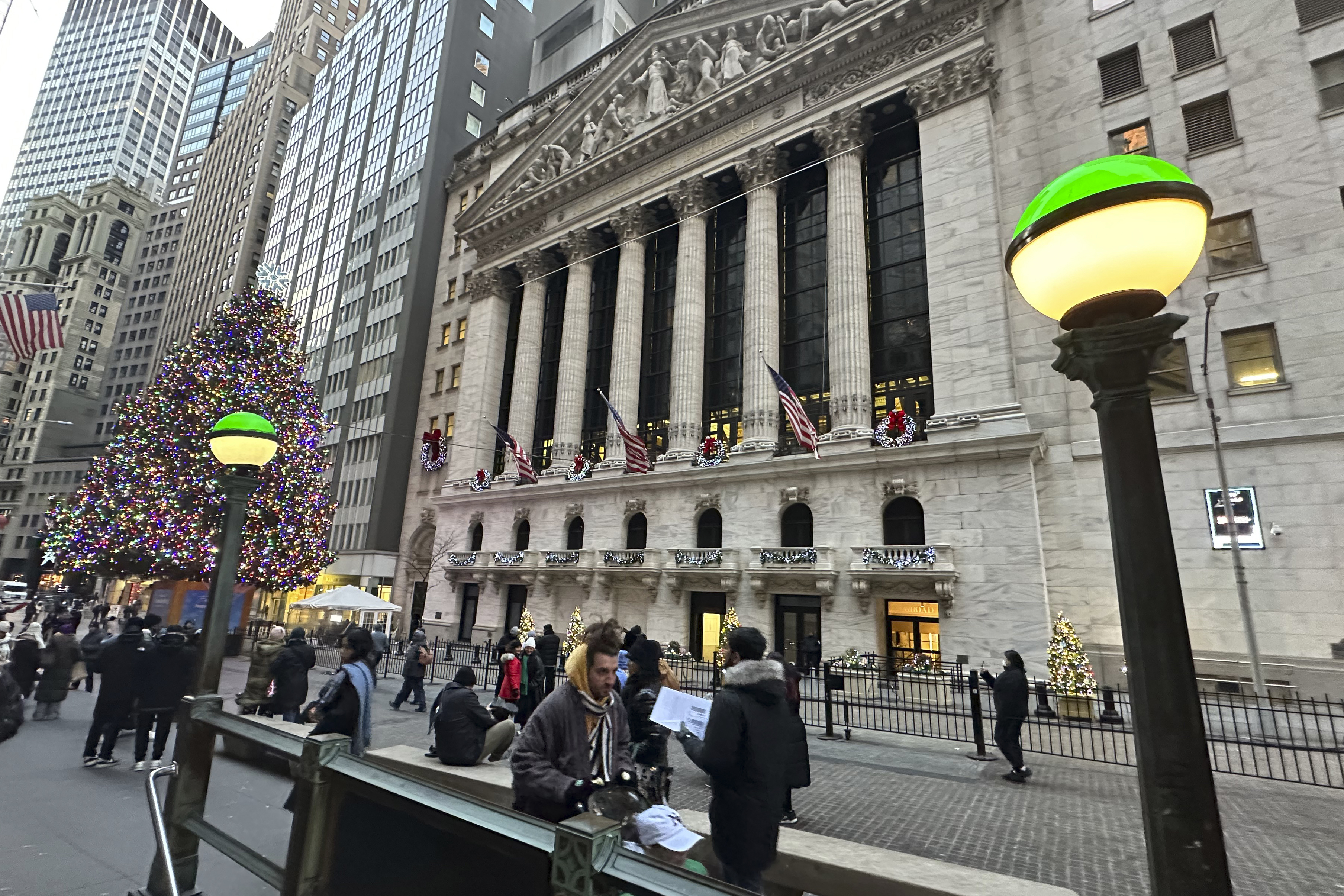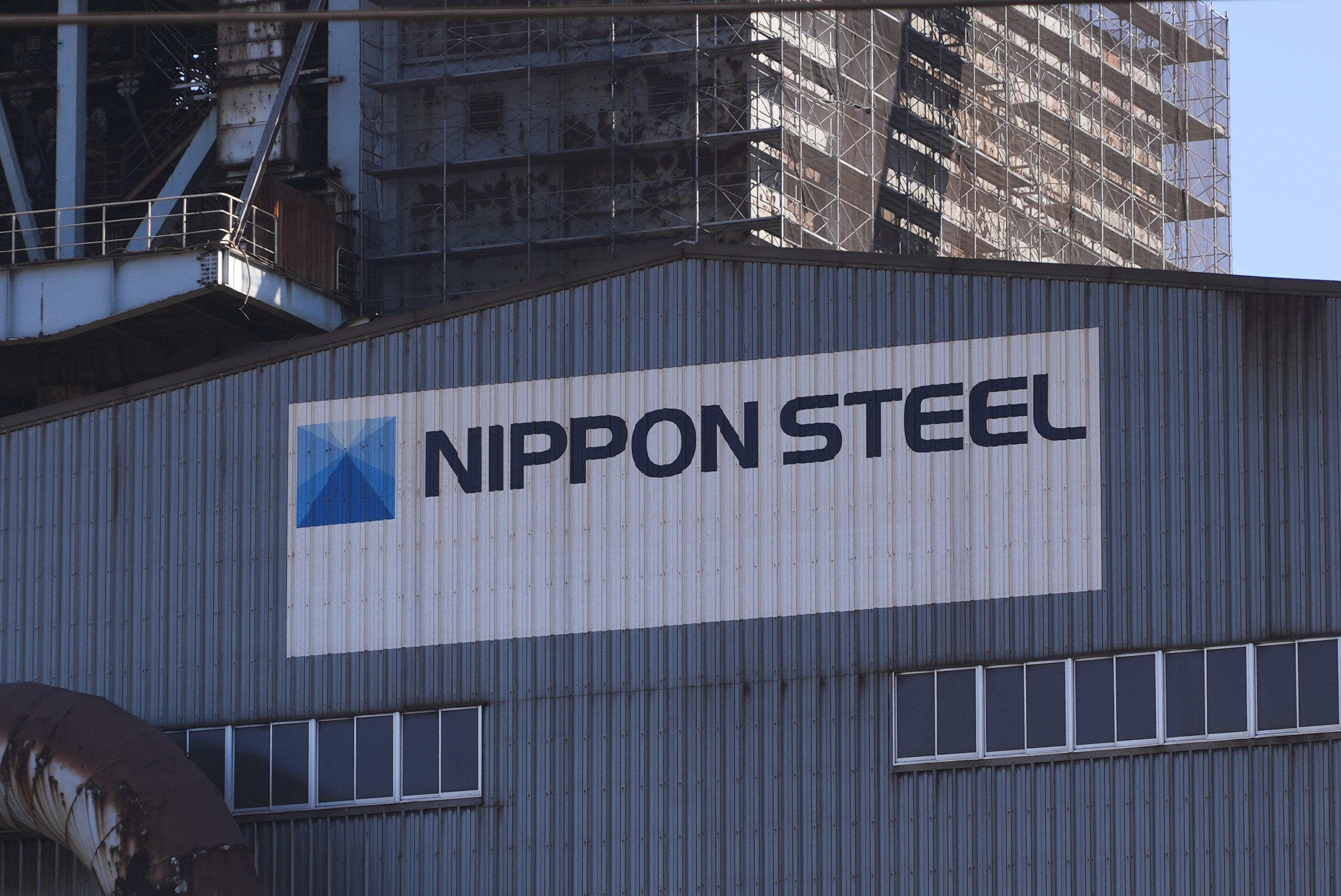VIRGINIA BEACH, Va. (WFXR) — There is a type of farming done under the water. It is called aquaculture, and Virginia is one of the leading states in the United States when it comes to aquaculture sales and production.
Aquaculture is the rearing or cultivation of aquatic animals or plants for food. According to the most recent data, oysters are the top aquaculture crop in Virginia, accounting for more than $62 million in sales. More than 40 million Virginia oysters are sold every year.
While Virginia Beach is better known as a family vacation destination, it is also home to growing oyster farming operations. One of those operations is Pleasure House/Ludford Brothers Oysters.
“The oysters we raise, they’re Crassotrea Virginica, the native oyster,” explains Pleasure House Oysters owner Captain Chris Ludford.

Ludford rears oysters on the Lynnhaven River in Virginia Beach. He says the way the Commonwealth of Virginia operates its leasing system gives oysters farmers an advantage over farmers in other states.
“Virginia is setting the trend for a lot of other states,” said Ludford. “I think what really helped, one, is our leasing system; the way we lease and have the bottom assigned to people to use to grow oysters. We had an organized system already in place.”
Ludford leases river bottom from the commonwealth. He plants seed oysters in cages and mesh bags hung just off the bottom. The oysters are sorted by size. Raising oysters in this manner allows them to feed more freely and keeps them protected from predators. As a result, they grow faster and stronger.

“In the wild it would take them three years for them to get to three inches, which is the market size everybody wants,” said Ludford as he gestured to the water where he has his oysters placed. “We do it in one year.”
Not only do farmed oysters grow faster, but farming operations actually help wild oysters. Virginia’s wild oyster population had been in trouble due to disease, overharvest, habitat loss, and water quality issues. Now, their numbers are rebounding.
“We’re giving the wild oysters a break, and we’re eating the farm-raised oysters,” Ludford said. “So, it gives them a chance to repopulate and bounce back.”

Oyster farming is environmentally-friendly. Oysters are filter feeders, so they help to improve water quality. There are also fewer greenhouse gas emissions from oyster farming than there are from other forms of farming.
Ludford says the outlook for Virginia oysters is good because demand is high, and because oysters have wide appeal.
“There are people that are really into it,” said Ludford as he shucked one of the salty Lynnhaven oysters he raised. ” When I was growing up, it was all about tailgating; slinging Pabst Blue Ribbons and shucking oysters. Now, you’ve got flights of oysters, tastings. We’re pairing oysters with wine, oysters with champagne. The business of oysters is big. It’s complex. It’s fancy. But, it’s also still about Sunday tailgates at football games. It’s something for everybody.”
